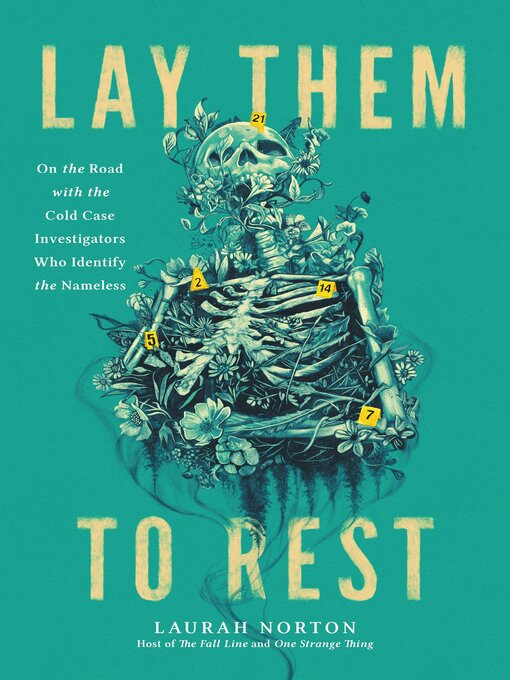Take a fascinating deep dive into the dark world of forensic science as experts team up to solve the identity of an unknown woman by exploring the rapidly evolving techniques being used to break the most notorious cold cases.
Fans of true crime shows like CSI, NCIS, Criminal Minds, and Law and Order know that when it comes to “getting the bad guy” behind bars, your best chance of success boils down to the strength of your evidence—and the forensic science used to obtain it. Beyond the silver screen, forensic science has been used for decades to help solve even the most tough-to-crack cases. In 2018, the accused Golden State Killer, Joseph DeAngelo, was finally apprehended after a decades-long investigation thanks to a very recent technique called forensic genealogy, which has since led to the closure of hundreds of cold cases, bringing long-awaited justice to victims and families alike. But when it comes to solving these incredibly difficult cases, forensic genealogy is just the tip of the iceberg—and many readers have no idea just how far down that iceberg goes.For Laurah Norton, forensic science was always more of a passion than anything else. But after learning about a mishandled 1990s cold case involving missing twins, she was spurred to action, eventually creating a massively popular podcast and building a platform that helped bring widespread attention and resources to the case. LAY THEM TO REST builds on Laurah’s fascination with these investigations, introducing readers to the history and evolution of forensic science, from the death masks used in Ancient Rome to the 3-D facial reconstruction technology used today. Incorporating the stories of real-life John & Jane Does from around the world, Laurah also examines how changing identification methods have helped solve the most iconic cold cases. Along the way readers will also get to see Laurah solve a case in real time with forensic anthropologist Dr. Amy Michael, as they try to determine the identity of “Ina” Jane Doe, a woman whose head was found in a brush in an Illinois park in 1993.
More than just a chronicle of the history of forensics, LAY THEM TO REST is also a celebration of the growing field of experts, forensic artists, and anthropologists (many of whom Laurah talks to in the book), who work tirelessly to bring closure to these unsolved cases. And of course, this book asks why some cases go unsolved, highlighting the “missing missing,” the sex workers, undocumented, the cases that so desperately need our attention, but so rarely get it.
Engrossing, informative, heartbreaking, and hopeful, LAY THEM TO REST is a deep dive into the world of forensic science, showing readers how far we’ve come in cracking cases and catching killers, and illuminating just how far we have yet to go.


